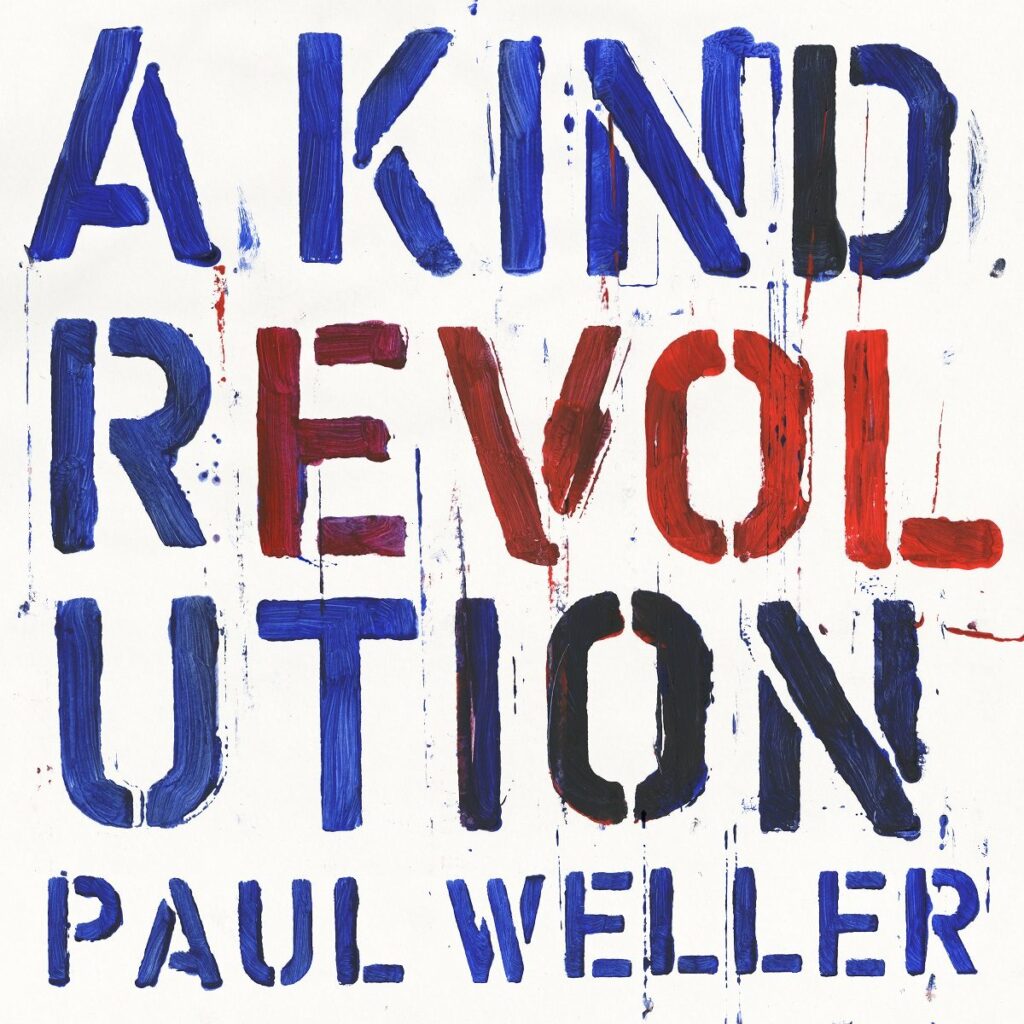
Soon after, in 1983, Weller teamed up with Keyboardist Mick Talbot and a few other fellow musicians to form the more sophisticatedly oriented outfit The Style Council, boasting four proper releases that consisted of primarily polished, slick, and classy Soul-inspired songs, for which he consequently achieved further critical acclaim, until the band’s demise in 1989.
The sonically restless but passionately driven Weller ultimately embarked on a solo career in 1991, and this was the start of a truly prolific musical trajectory that he started as a young teenager and which culminated in his finally being widely regarded as influential by many of his peers and even by those who came after him within the same sonisphere.
In his twenty-five years of operating as a solo artist, Weller has beefed up his musical legacy with thirteen albums – from the straightforward, bluesy direction of his 1992’s self-titled work; the Dylan-ish, Country Folk Rock of 1993’s Wild Wood and 1995’s Stanley Road; the throwback, early-’70s Pub Rock-inspired Heliocentric of 2000; the funky, punky, subtly Britpop As Is Now of 2005; the heavily textured, Synthpop and Space Rock excursion of 2012’s Sonik Kicks; the grungy Alternative Rock of 2015’s Saturns Pattern; to his recent, latest oeuvre, A Kind Revolution.
Released on May 12, 2017, Weller’s solid thirteenth starts with the loose, Rock-n-Roll fun jam vibe of “Woo See Mama” and the horn-adorned, Santana-reminiscent “Nova,” owing to the finger-happy, tubular guitar licks. The mood slows down with the Hammond/piano-oriented, Gospel-flavored ballad “Long, Long Road.” Then, following is the cool, choppy rhythm of “She Moves with the Fayre,” whose sense of urgency harks back to Weller’s early solo efforts (“Uh Huh Oh Yeh,” “Sunflower,” “The Changingman”).
Weller’s kind of music revolution then takes the listener to a relaxing and nostalgic predisposition as the starry, soulful “The Cranes Are Back,” and then the horn-adorned, seemingly Wings-influenced “Hopper” play next in succession. The harmony-oriented ’70s Pop Rock expedition continues with “New York.”
The slightly progressive “One Tear” initially seems like paying remembrance to The Boomtown Rats’ “I Don’t Like Mondays,” with its distinctive cascading piano introduction, only to gallop gradually, developing into a jazzy Blues Rock stomper that will fit on a playlist that includes “Riders on the Storm” by The Doors, “These Eyes” by The Guess Who, “Let It Ride” by Bachman–Turner Overdrive, and David Bowie’s “Blackstar.” The bluesy beat carries on to the penultimate track, “Satellite Kid.” Finally, Weller wraps up the set in 6/4 manner with the swing and sway of the mellifluous and lovely “The Impossible Idea,” which, considering its ornate arrangement and less-than-simple instrumentation, stands apart as the highlight of the album – a perfect closing remark to yet another musical expression of Weller’s cultural activism.
A Kind Revolution proves that the spark and substance in the heart of Weller and his music remain potent despite the changing times. After all, times may indeed change, but music – regardless of style and sentiment – will always remain relevant, especially to the enthusiasts of the genres Weller chooses to fashion his songs within. Despite his ever changing moods, Weller stays rooted in his past while keeping abreast of whatever is the current musical landscape that can incite young and youthful cultural activists like himself. CrypticRock gives A Kind Revolution 4 out of 5 stars.






No comment